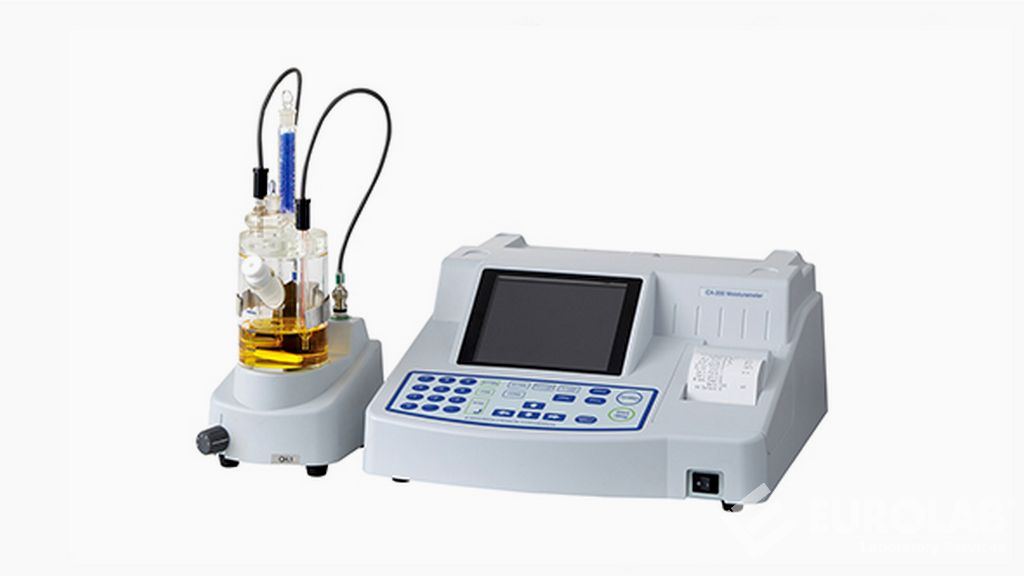


The ISO 12937 standard, developed by the International Standards Organization (ISO), describes a test method for the direct determination of water in petroleum products boiling below 390 degrees. This test method covers the mass ratio range of 0,003 percent (m/m) to 0,100 percent (m/m). This standard does not apply to products containing ketones or residual fuels.

The ISO 12937 standard is applicable to the lubrication of base oils. However, accuracy has not been established for these materials. Precision contained in the standard is based on data obtained using dual-cell, dual-electrolyte systems.
A number of substances and classes of compounds associated with condensation or oxidation-reduction reactions interfere with the determination of water by Karl Fischer titration. The most common interferences in petroleum products are hydrogen sulfide and mercaptan sulfide, but do not cause significant interference when their mass fractions are between certain values as sulfur.
An alternative procedure is given in the annex to the standard for the direct determination of water in the range of 0,003 percent to 0,100 percent in petroleum products (Annex B).
There are various methods for detecting the water pollution level in fluids. The Karl Fischer coulometric titration method is one of the most accurate. Unlike other methods, low levels of free, emulsified and dissolved (not detectable by other methods such as crack testing) water can be monitored with this method. When used correctly, the test measures water levels as low as 1 ppm, or 0.0001 percent.
Titration is a form of chemical analysis that determines the content of a substance by adding a reagent of known concentration in measured quantities until the chemical reaction is complete. There are two types of Karl Fischer titration methods: volumetric titration and coulometric. The main difference between them is that in the volumetric titration method, the titrant is added directly to the sample. However, in the coulometric titration method, the titrant is produced electrochemically in the titration cell. By coulometric titration method, according to volumetric titration method much lower water levels are measured.
Our company also provides water determination (coulometric Karl Fischer titration method) testing services in petroleum products within the scope of ISO 12937 standard, with its trained and expert staff and advanced technological equipment, among the numerous test, measurement, analysis and evaluation studies it provides for businesses in various sectors.
